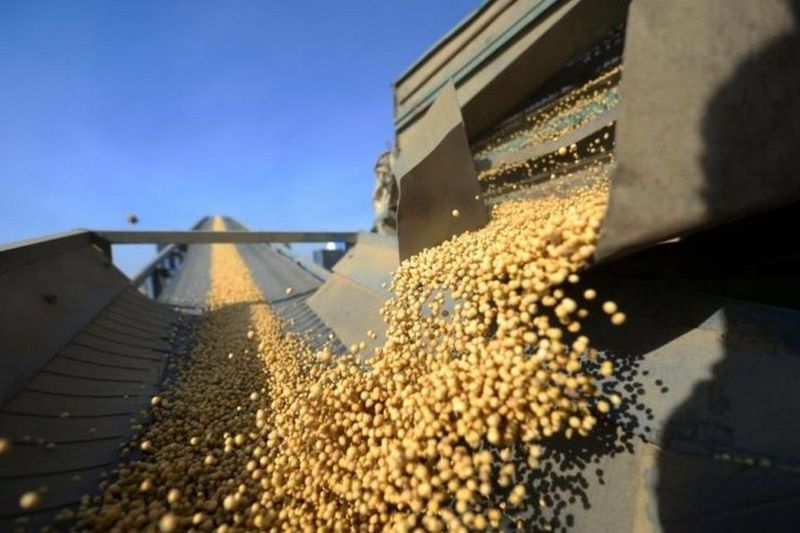Argentine Soybean Crushers in “Crisis Mode”

Soybean crushers in Argentina are in “crisis mode” due to low supplies of soybeans amidst the worst soybean crop in nearly a quarter of a century and farmers holding tight to their remaining soybean stocks. The combination of drought and slow farmer selling has pushed the crushing industry to idle nearly 70% of their capacity, which is the highest on record outside of labor protests.
The soybean harvest has not started and when it does, the total 2022/23 soybean production could be in the range of 27-28 million tons or lower. In 2021/22, Argentina produced 43.9 million tons of soybeans. Everything that could go wrong has gone wrong in Argentina this growing season from the worst drought in 60 years, to numerous waves of record high temperatures to record low temperatures and even mid-summer localized frosts.
The adverse conditions have convinced farmers to hold tight to their existing soybean stocks and to be very reluctant sellers of their anticipated 2022/23 production. In February, farmers sold 622,300 tons of soybeans which was about one-third of the 1.7 million tons sold in February 2022.
Argentina farmers are still holding approximately 6 million tons of soybeans from 2021/22 which is less than normal for this time of year, but they are in no hurry to sell their soybeans. Farmers were aggressive sellers during the second half of 2022 due to two special “soybean dollar” programs offered by the government where farmers received a special exchange rate above the official rate if they sold their soybeans for export.
Farmers are also expected to be slow sellers of their 2022/23 production as a hedge against raging inflation, which is already hitting 100%. Grain is their only hard asset and they will probably wait for another special exchange rate or higher soybean prices before they ramp up their selling.
The start of the year is always a slow time for crushers, which over the last five years have operated at 56% capacity at this time of the year. The head of CIARA oilseed and grain processing chamber indicated that the sector would do everything possible to keep facilities operating by importing as much as 8 million tons of soybeans from Brazil and Paraguay.
While the lack of available soybeans is the immediate problem for crushers, labor unrest could be the other “shoe to drop” for the industry.
Labor contracts in Argentina are usually for only one year. When these labor contracts expire over the next few months, the unions will demand huge salary increases just to keep up with inflation. Crushers will be faced with huge salary demands at the same time they have record idle capacity.
Read also
Wheat in Southern Brazil Impacted by Dry Weather and Frosts
Oilseed Industry. Leaders and Strategies in the Times of a Great Change
Black Sea & Danube Region: Oilseed and Vegoil Markets Within Ongoing Transfor...
Serbia. The drought will cause extremely high losses for farmers this year
2023/24 Safrinha Corn in Brazil 91% Harvested
Write to us
Our manager will contact you soon



